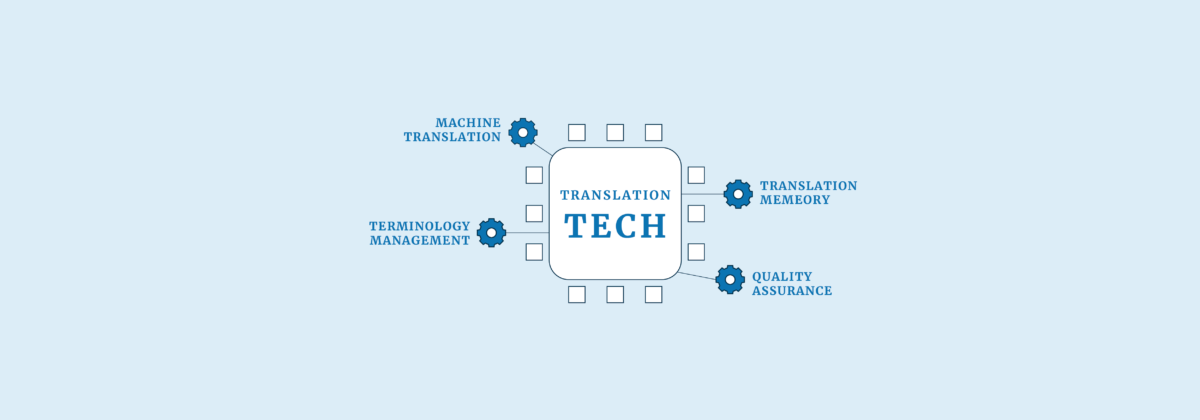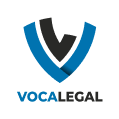Improvements in Translation Technology for Quality and Efficiency
Technology has transformed the translation industry, making it more efficient, accurate, and cost-effective. In the legal field, accurate translations are essential for ensuring compliance with the law and avoiding costly legal disputes. This blog post will explore the role of technology in improving translation quality and efficiency, with a specific focus on law and legal translations in the UK.
Machine Translation and Legal Translations
Machine translation has become an increasingly popular tool in the translation industry, and its use is particularly widespread in the legal field. Machine translation tools, such as Google Translate, use algorithms to translate text from one language to another quickly and efficiently. While machine translation can be useful for translating simple sentences or phrases, it is not reliable for complex legal documents.
Legal documents are complex and require a high level of accuracy and attention to detail. Machine translation tools cannot understand the nuances of legal language or the specific legal concepts and terminology used in the UK. Therefore, while machine translation can be useful for translating simple legal documents, such as contracts or agreements, it is not suitable for more complex legal documents, such as court documents or legal opinions.
Translation Memory and Legal Translations
Translation memory is a technology used in the translation industry to improve translation quality and efficiency. Translation memory software stores previously translated content, allowing translators to quickly access and reuse this content when translating similar content in the future. Translation memory can be particularly useful in legal translations, where there is often a significant amount of repetitive content, such as standard clauses in contracts.
For example, in the UK, there are standard clauses that are often used in commercial contracts, such as governing law and jurisdiction clauses. Translation memory software can store these standard clauses, allowing translators to quickly access and reuse them when translating similar contracts in the future. This can significantly improve translation efficiency and consistency while maintaining the accuracy and quality of the translation.
Terminology Management and Legal Translations
Terminology management is another technology used in the translation industry to improve translation quality and efficiency. Terminology management software stores and manages specific legal terminology used in the UK, ensuring that translations are consistent and accurate. In legal translations, the accurate use of terminology is essential, as incorrect terminology can significantly impact the legal meaning of a document.
For example, in the UK, the term “premises” is often used in property law to refer to land and buildings. Terminology management software can ensure that this term is consistently used throughout legal documents, avoiding confusion and potential legal disputes.
Translation Quality Assurance and Legal Translations
Translation quality assurance is a process used in the translation industry to ensure the accuracy and quality of translations. Quality assurance involves checking translated documents for errors, inconsistencies, and omissions to ensure that the translated document accurately reflects the original.
In legal translations, the accuracy of the translation is particularly important, as a mistake or omission could have serious legal implications. Translation quality assurance processes can help to identify and correct errors and inconsistencies, ensuring that the translated document is accurate and legally enforceable in the UK.
Conclusion
In conclusion, technology has transformed the translation industry, making it more efficient and cost-effective. In the legal field, accurate translations are essential for ensuring compliance with the law and avoiding costly legal disputes. Machine translation tools, such as Google Translate, can be useful for translating simple legal documents, such as contracts or agreements, but they are not reliable for more complex legal documents.
Translation memory and terminology management software can significantly improve translation efficiency and consistency while maintaining the accuracy and quality of the translation. Translation quality assurance processes can help to identify and correct errors and inconsistencies, ensuring that the translated document is accurate and legally enforceable in the UK. Ultimately, technology plays a vital role in improving the quality and efficiency of legal translations in the UK.
For more on Translation Technology, check out our page specifically for it here: Translation Technology Solutions




